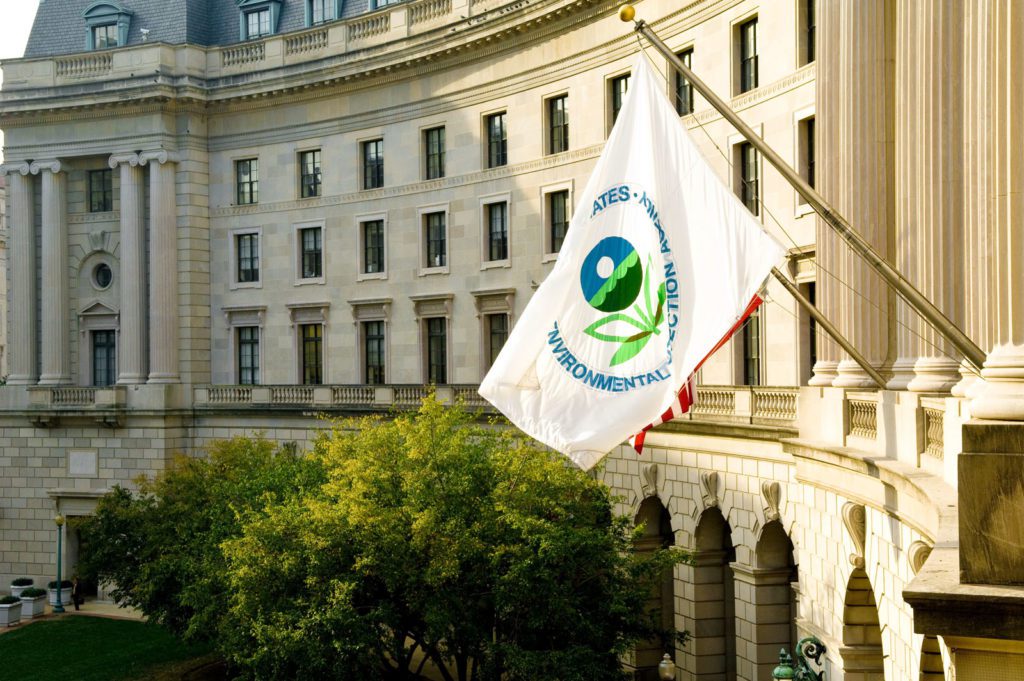Aug 15, 2019EPA tackles California warning labels for glyphosate
The EPA announced recently that it won’t approve new product labels that repeat “false” and “irresponsible” claims under California’s Proposition 65.
The federal Environmental Protection Agency will no longer approve product labels claiming glyphosate is known to cause cancer – a claim the agency said was false, and didn’t follow the Insecticide, Fungicide, and Rodenticide Act.
“We will not allow California’s flawed program to dictate federal policy,” EPA Administrator Andrew Wheeler said in an official statement. “It is critical that federal regulatory agencies like EPA relay to consumers accurate, scientific-based information about risks that pesticides may pose to them. EPA’s notification to glyphosate registrants is an important step to ensuring the information shared with the public on a federal pesticide label is correct and not misleading.”
In April, EPA found in a review– as it has found previously – that glyphosate is not a carcinogen, and there are no risks to public health when glyphosate is used in accordance with its current label.
On Feb. 26, 2018, the United States District Court for the Eastern District of California issued a preliminary injunction stopping California from enforcing the state warning requirements involving glyphosate’s carcinogenicity, in part on the basis that the required warning statement is false or misleading, the EPA said its statement. The preliminary injunction has not been appealed and remains in place.
California’s listing of glyphosate as a substance under Proposition 65 is based on the International Agency on the Research for Cancer (IARC) classifying it as “probably carcinogenic to humans,” according to the EPA.
Glyphosate-based herbicides remain prevalent in agriculture despite significant monetary awards following jury trials that blamed herbicide manufacturers for the plaintiffs contracting cancer.
Health effects across generations from popular weed killer seen, WSU says















